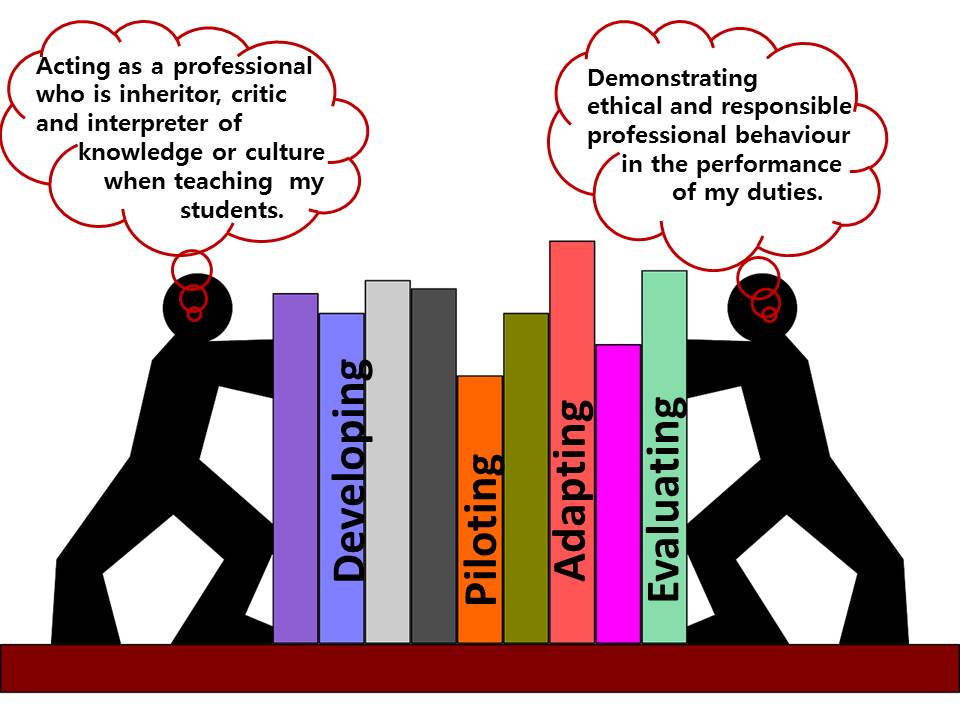Rethinking Digital Citizenship

I have mixed feelings when I hear the phrase ‘digital citizenship’. In particular when I hear about digital citizenship programs to address our online activity.
Last week, I was at #AdaCampMontreal and one of the sessions I participated in was on Open Source Photography. Towards the end of the session we had a conversation about copyright and the consensus was that people who do reuse photos without consent are not doing so with malicious intent. They have just never been taught that what they are doing is stealing other people’s work.
So, at first thought, a course on digital citizenship seems like a great idea. If students (and teachers) are spending more and more time online, it makes sense to want to instill an awareness of their online presence and activities.
My concern is that by creating brand new programs to address what we do with technology, once again we are perpetuating the myth that technology is somehow separate from the rest of whatever it is we do.
For example.
We teach that it is wrong to steal things that belong to others. So why do we need a separate lesson on stealing things online? Stealing is stealing, wherever it happens.
We teach that it is not safe to talk to strangers.
Why do we need a separate lesson on speaking with strangers online (or inviting them into our lives with apps like perescope)? Strangers are strangers, wherever they are.
(Particularly) in school settings, technology has been seen as separate from ‘real life’ for so long that there seems to be an urgent need to create programs to fill this gap in our lives. But really, as educators, we need to make sure that everything is included from the get-go.
The first and last of Quebec’s professional competencies for teachers are great bookends to frame this idea.
As inheritor, critic, and interpreter of knowledge or culture, it is my professional responsibility to situate my students within the realities of today’s knowledge sources and cultural landscapes. By acting ethically and responsibly, I make sure that I am aware of the ethical and legal ramifications of what I do when I participate in teaching activities.
None of this is possible today without considering technology. Even in schools and centres that do not have (by choice or by circumstance) access to technology – there are implications that we can’t ignore. I can’t believe that it is enough to say that a digital citizenship program will be the answer to our prayers. As caring, responsible, respectful people, we practice care, responsibility, and respect wherever we are. I don’t think that we need a digital citizenship program or policy before we can instill these qualities online and teach our students to do the same.
2 Replies to “Rethinking Digital Citizenship”
Comments are closed.

I completely agree with your statements. Learning appropriate behaviour (online or not), is everybody’s responsibility. A peaceful, safe, and healthy society depends on it. Teaching to be a good (digital) Citizen may fall through the cracks. Leaving it up to ‘EVERYBODY’, may entail that ‘NOBODY’ does it. Perhaps we should NOT teach (digital) Citizenship. Perhaps, we should learn it!
So, let’s learn about good citizenship, share what we find, and model our best practices.
Thanks for starting the conversation. Whether it is digital or not, let’s work collectively to promote good citizenship.
Hi Craig and thanks for your comment.
Absolutely – the more I think about digital citizenship, the more I see that what we are looking for is good citizenship, period.
I wonder if there is a correlation between organizations that have a good sense of citizenship, a good sense of who they are as a community and where everyone fits in to that community (as well as good support systems), and positive online actions? That would be an interesting thing to look into!